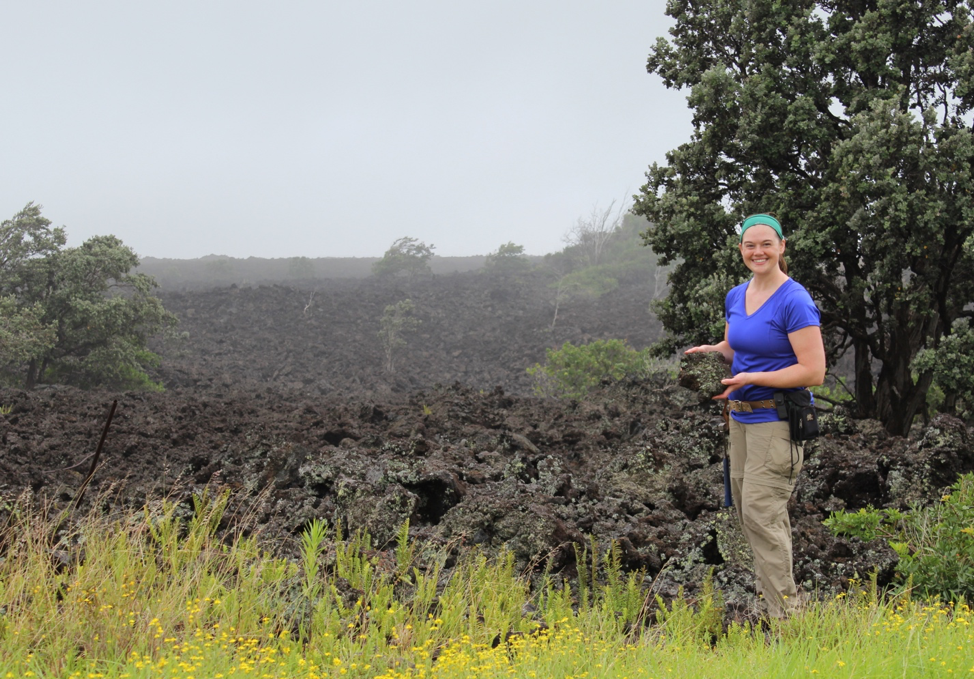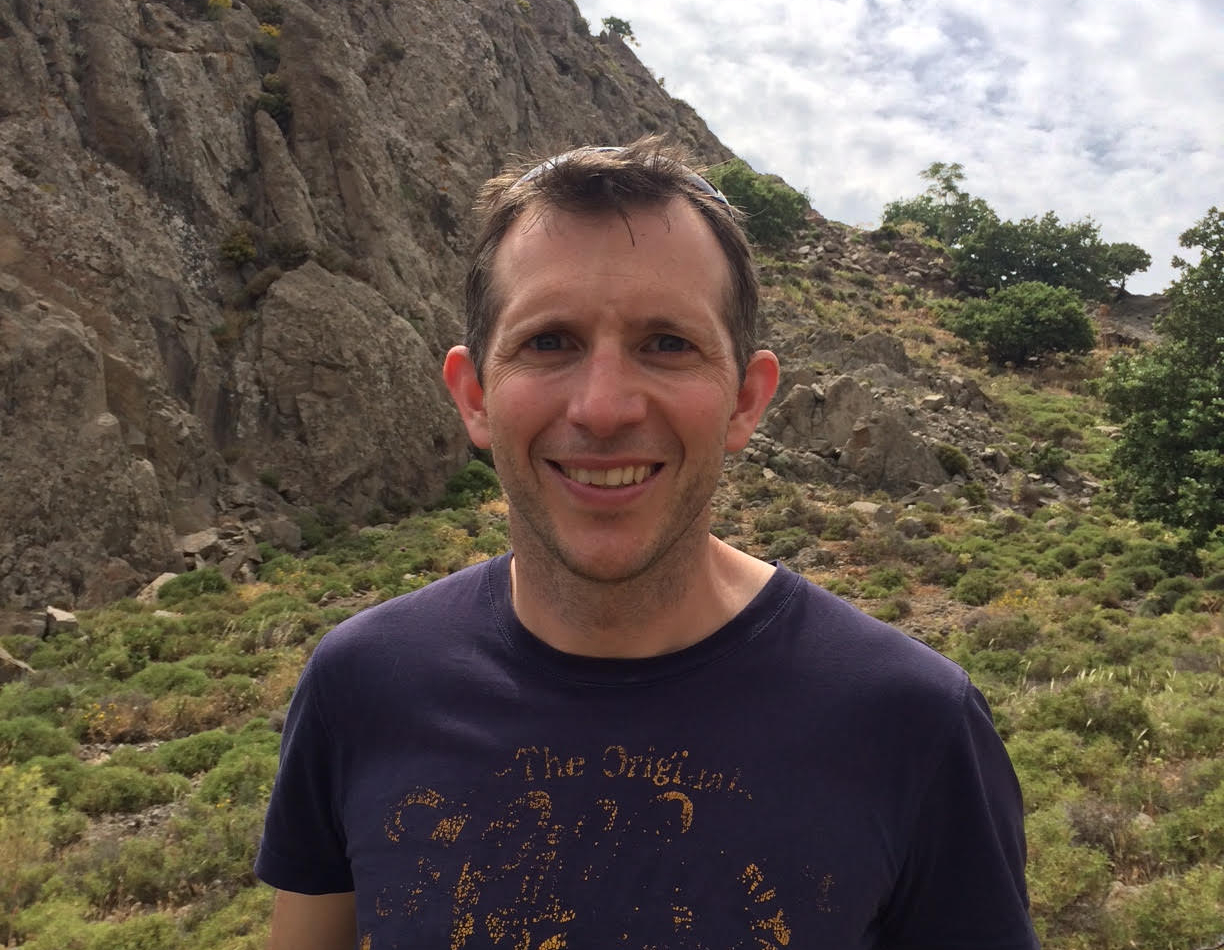The IAVCEI Early Career Researcher Network hosted a virtual panel discussing the transition out of academia on April 30th, 2020. Below are some common questions that were asked during the panel, with responses from panelists Fred Witham and Jennifer Wade.
1. Coming from an environment where graduates are often funneled into industry, or the very few who pursue volcanology are assumed to remain in academia; how have you overcome the potential challenges of going down a path that is not considered conventional for volcanologists?
Fred Witham (FW) – It didn’t really feel like there were many challenges, to be honest. The main one was probably that nobody within academia was advocating my career path. So, it was up to me to look around to see what I could find. Given that I wanted to stay in the same city, my scope was limited geographically. I just looked for everything within a commutable range. (And first preference was commutable by bike!)
Jennifer Wade (JW) – The only challenge I really faced was from faculty where I did my PhD who saw the non-faculty path as less valuable. I have had to remind myself that no one can choose my path but me, and I’ve tried to demonstrate back to them the value in non-academic positions (I think successfully!) To employers, I’ve always tried to highlight my skills, and not focus on my dissertation title. I demonstrate that I can use instruments, software, and I can communicate and think out problems.
2. For jobs related to geoscience/volcanology, how useful is a Masters? Unsure of whether to do a Ph.D. or not, and how useful it would be. Did you encounter any companies that did not want to hire someone with a Ph.D.?
Continue reading →








 Current occupation: Combustion Engineer at Rolls-Royce
Current occupation: Combustion Engineer at Rolls-Royce